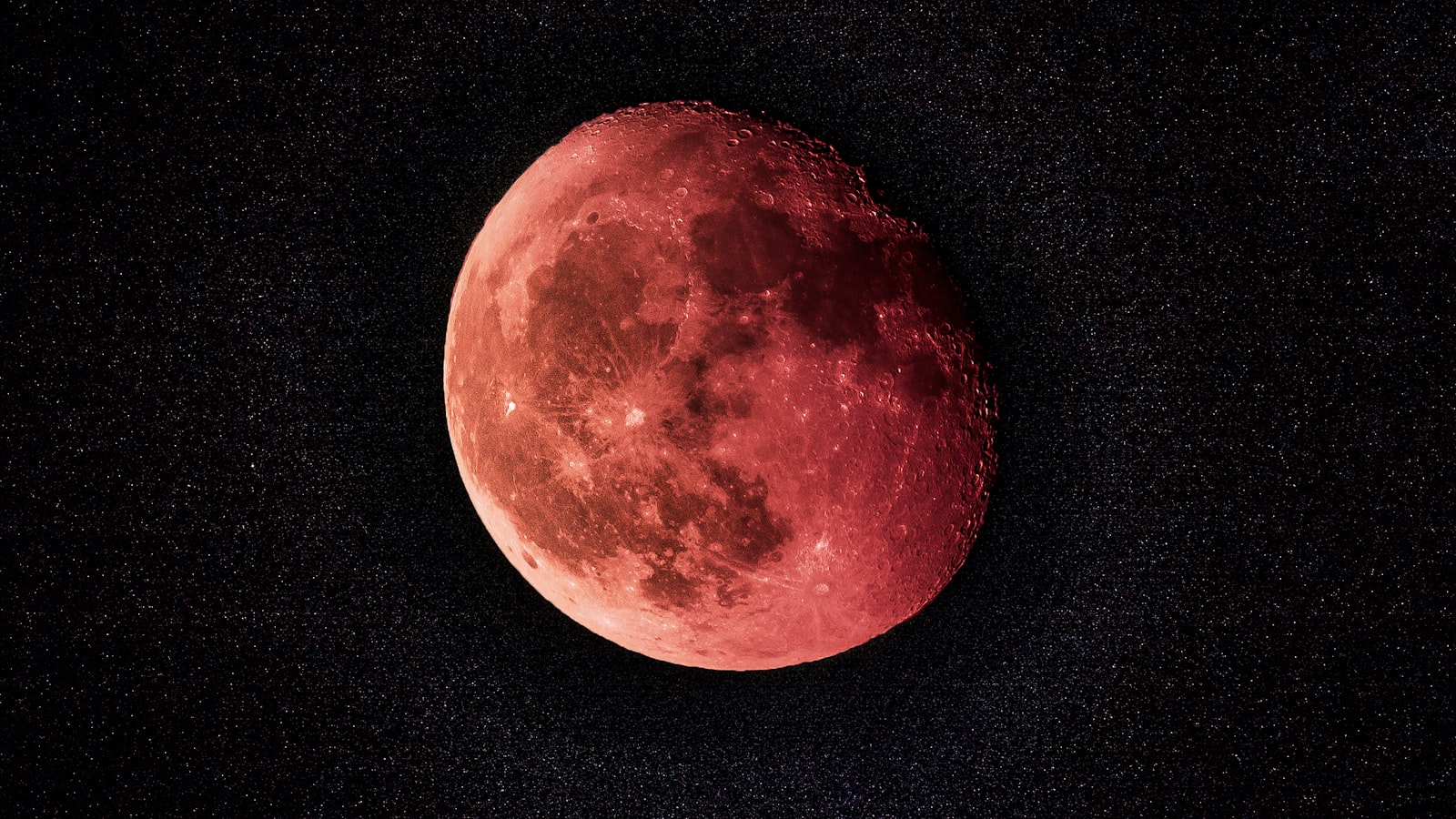"In the shadow of the moon, the ancient rhythms beat again, a testament to a timeless ceremony."
Eclipses, the cosmic dance between the Sun, the Earth, and the Moon, have been captivating human imagination since time immemorial. These celestial events are not just spectacular natural phenomena; they hold profound significance in various indigenous cultures around the world. From reverence to trepidation, these communities have developed unique perspectives and practices surrounding eclipses. Join us on a journey to explore these rich traditions and the understanding of eclipses in indigenous lore.
Symbolism and Mythology

The Sun's Disappearance: A Universal Phenomenon
Eclipses never failed to trigger a plethora of reactions across different peoples. For many indigenous cultures, the episodic disappearance of the Sun or the Moon was a symbolically charged event. The natural order of things seemed to go awry, as day turned to night or darkness crept upon the lunar face.
Legends Woven from Celestial Threads
Among the Native American tribes, stories abound of the Sun being devoured by a mighty creature. The Pomo, an indigenous group of the Pacific Northwest, tell of a bear wandering into the sky and biting the Sun, causing a solar eclipse. In their tales, the subsequent lunar eclipses occur as the bear, exiting the other side, meets and devours the Moon.
Rituals and Ceremonies

Eclipses as Ritual Catalysts
In ancient times, eclipses often incited special ceremonies aiming to restore the celestial balance. The Hupa, another tribe from California, believed that an eclipse was a sign of an impending cosmic battle. They performed a ritual dance to ward off any potential threats to the moon.
Aligning with the Cosmos
Drums, chants, and fervent prayers harmonized with the rhythms of the natural world as indigenous shamans and leaders sought to align themselves with the powerful energies believed to be at play during an eclipse.
Practical Knowledge and Astronomy

Precision and Prediction
Contrary to popular belief, many ancient cultures possessed a sophisticated understanding of astronomy. The indigenous Maya were known for their impressive astronomical calculations, including predictions of solar eclipses. They used the Dresden Codex, a Mayan book containing astronomical data, not only to predict celestial events but also to plan agricultural and ceremonial activities.
The Eclipses and the Seasons
For some groups, eclipses held a practical value, indicating important seasonal changes or times for crop planting. This intricate knowledge woven into the cultural fabric was a testimony to the close observation and deep connection indigenous people had with the sky and the land.
The Modern Intersection

Preserving Indigenous Wisdom in the 21st Century
Today, there's an increasing interest in understanding and preserving these perspectives as part of our world cultural heritage. They remind us of the diverse ways humanity has made sense of the complex world we inhabit.
Witnessing Eclipses Today
With today's technology, we all can witness the spectacular beauty of eclipses with accurate timing and preparation. Websites like eclipse-timer.com provide precise time and date information for solar eclipses around the world or in your area. It's a modern tool that can enhance our experience and understanding of this ancient spectacle, further bridging the gap between traditional wisdom and contemporary science.
The Power of Community and Shared Experiences
Eclipses in indigenous cultures demonstrate the power of shared experiences and community. Have you ever watched an eclipse with a group of people? The sense of awe and unity it can generate is unparalleled.
What's Your Eclipse Story?
We would love to hear your eclipse stories! How do you connect with these cosmic events? Do they inspire any particular thoughts or feelings for you? Share your experiences in the comments section below.
Visual Wonders: Enriching Our Understanding
Incorporating visual elements such as images and infographics can significantly enrich our collective understanding of eclipses and indigenous cultures. They allow us to visualize complex information and see the world through different perspectives.
Unveiling the Mysteries
Eclipses have always been veiled in mystery. The way indigenous cultures have interpreted and reacted to these events offers us an incredible glimpse into human creativity and spirituality. Here are some intriguing factoids about eclipses in indigenous cultures:
- In Vietnam, people believed that a solar eclipse was caused by a giant frog devouring the Sun, while Vikings blamed wolves chasing the celestial bodies.
- The ancient Greeks proposed one of the first scientific explanations for an eclipse, offering a natural rather than a supernatural cause.
Parting Thoughts and Next Eclipse Viewing
As we draw this exploration to a close, we invite you to continue delving into the fascinating perspectives of indigenous cultures on eclipses. Keep an eye on the cosmos and mark your calendars for the next solar eclipse using eclipse-timer.com. Remember, each eclipse is an opportunity to reflect on the grandeur of the universe and the myriad ways we as humans find meaning in the heavens.
With humility, let us stand on the shoulders of giants—the indigenous astronomers, and wisdom-keepers, who have been mapping the skies long before telescopes and time zones. Whether you're in a bustling city or a tranquil village, during an eclipse, we all look up in wonder, just as our ancestors did, connecting past to present in the timeless theatre of the skies.



















